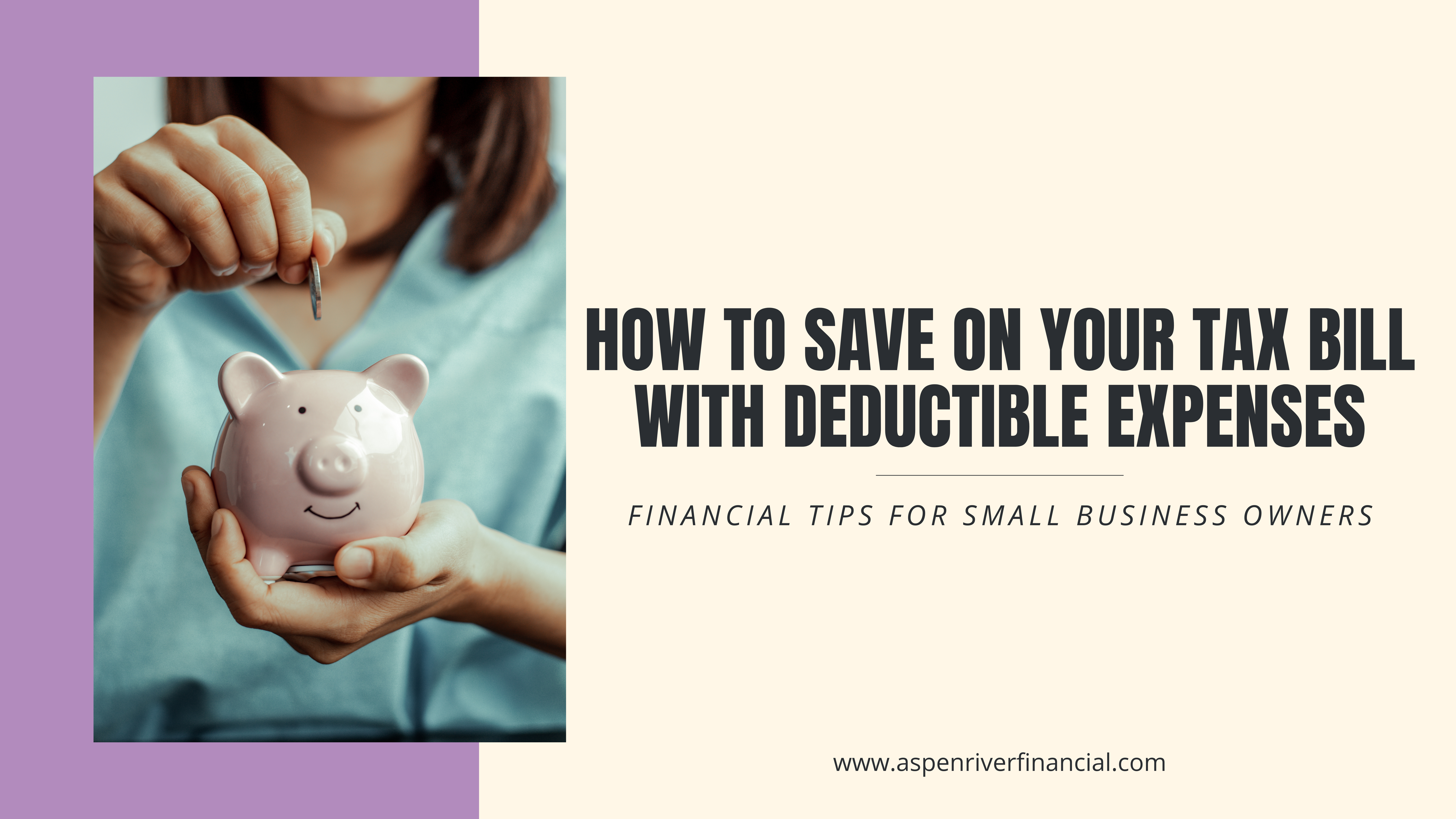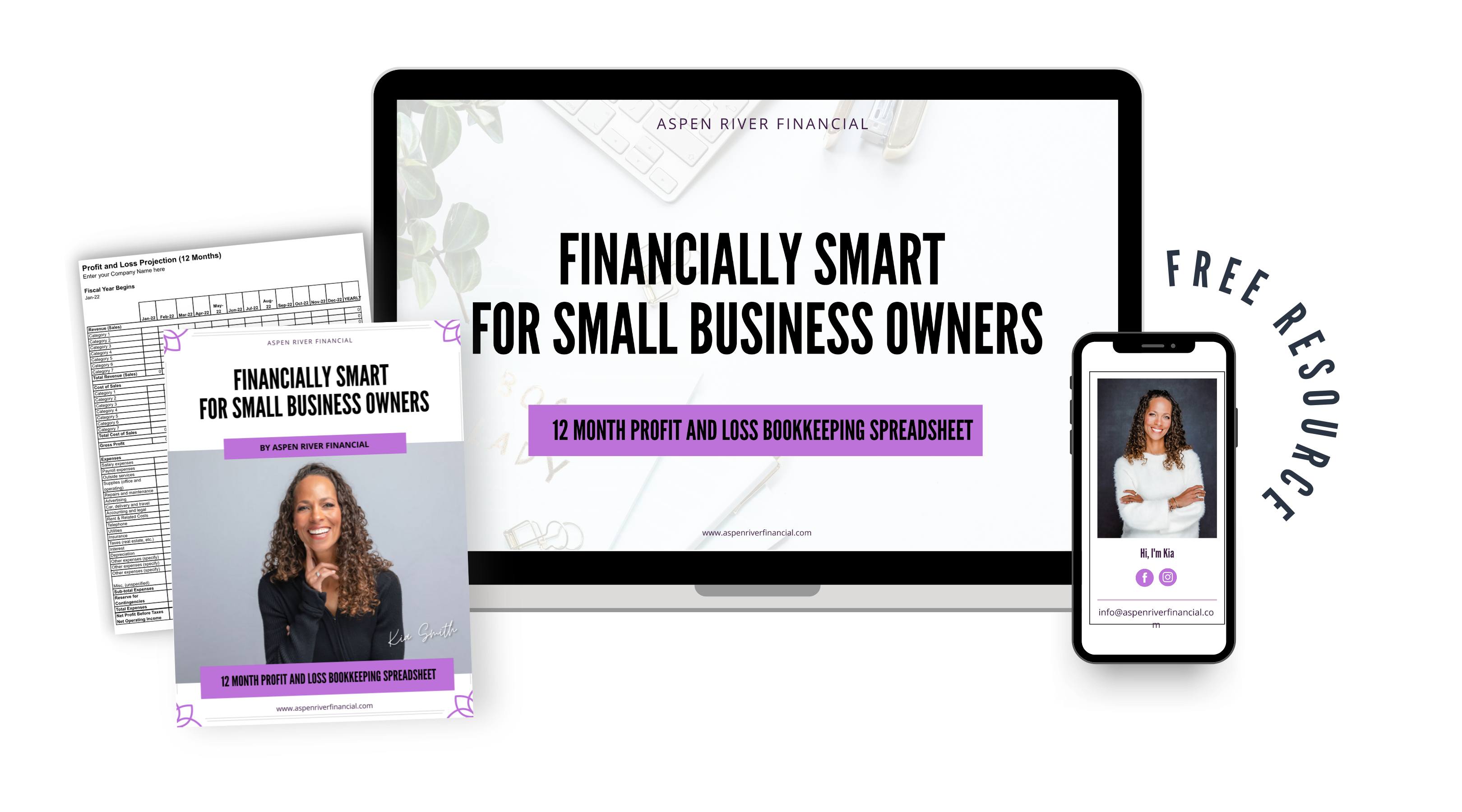
As a small business owner, you are probably always looking for ways to save on your tax bill.
One way to do this is by taking advantage of deductible expenses. A deductible expense is an expense that you can subtract from your taxable income, reducing the amount of taxes you must pay.
There are many different types of deductible expenses that you may be able to take advantage of as a small business owner.
In this blog post, we will discuss some of the most common deductible expenses and how you can claim them on your tax return.
1. What are deductible expenses, and how do they work?
Deductible expenses are those expenses that can be written off on your taxes.
To deduct an expense, it must be considered necessary and reasonably related to your business or profession.
Additionally, you must keep records of all deductible expenses to claim them on your taxes.
When it comes time to file your return, you will need to provide receipts or other documentation to substantiate your deductions.
By taking advantage of deductible expenses, you can save money on your taxes and ensure that you only pay the amount you owe.
2. What are some of small business owners’ most common deductible expenses?
Some of the most common deductible expenses for small business owners include:
-Dues and Subscriptions: This includes memberships, zoom, books, and software for business purposes.
-Office expenses: If you have a home office, you can deduct some of its costs. This includes things like rent, utilities, and furniture.
-Marketing expenses: Any money you spend marketing your business is tax deductible. This includes things like advertising, PR, and web design.
-Travel expenses: If you travel for business purposes, you can deduct the cost of airfare, hotels, and meals.
By taking advantage of these deductions, you can save significant money on your taxes. So be sure to keep track of all your business expenses to take advantage of them come tax time.
3. Are there any restrictions on what types of expenses can be claimed as deductions?
Small business owners often face a number of different expenses, from the cost of inventory to the price of office supplies.
Fortunately, many of these expenses can be deducted from taxes, providing much-needed relief for small businesses.
However, some restrictions exist on what can be claimed as a deduction. For example, expenses that are considered “personal” in nature, such as travel or entertainment, cannot be deducted.
Additionally, expenses must be directly related to the business to qualify for a deduction.
As a result, small business owners should carefully track their expenses to maximize their tax deductions.
4. How does claiming deductions help reduce your overall tax bill?”
Claiming deductions helps reduce your overall tax bill by lowering your taxable income.
For example, if your annual income is $50,000 and you have $10,000 in deductible expenses, your taxable income would be reduced to $40,000. This means that you would only be taxed on the lower amount, resulting in savings on your tax bill.
So don’t miss out on potential deductions – make sure to track all of your business expenses and take advantage of them come tax time.
Small business owners can save money on their taxes by taking advantage of deductible expenses. This includes things like dues and subscriptions, office expenses, and marketing expenses.
To take advantage of these deductions, you must keep track of all your expenses and provide documentation when filing your tax return. You can lower your taxable income by claiming deductions and saving money on your overall tax bill.
For more strategies and tips on small business finance, read more articles here.
Do you have a question about business finances that you would like answered? Send us an email at info@aspenriverfinancial.com, and we may feature your question in a future blog post!’
Just started your business and are already confused about your income and expenses and how to track them effectively. It gets to be easy! Download the FREE 12-MONTH BOOKKEEPING SPREADSHEET that will have all your income and expenses in one place for tax time. Click here to download it!
Still, feeling lost when it comes to your business finances? We offer accounting and services that can help – click here to view our services

Hi there, I'm Kia!
I am your Certified Public Accounting, Enrolled Agent and Certified Money Coach with vast experience in accounting, taxation, business planning, and impeccable client rapport you can trust.
Let's Connect!
GRAB YOU FREE 12 MONTH BOOKKEEPING SPREADSHEET

